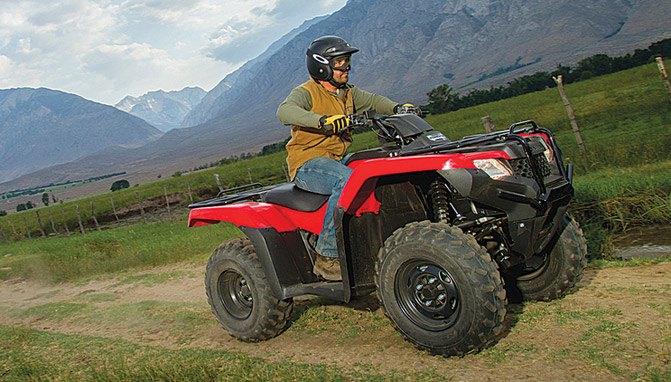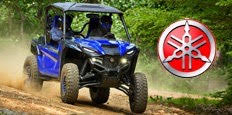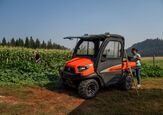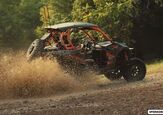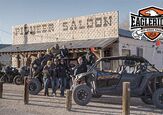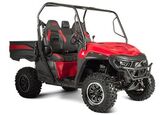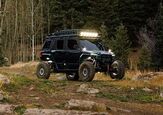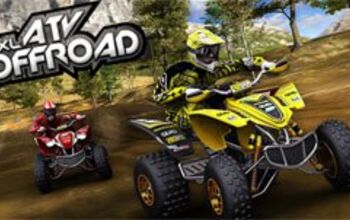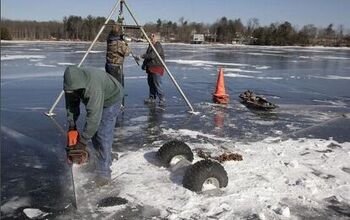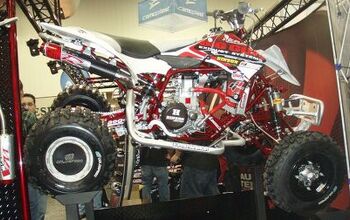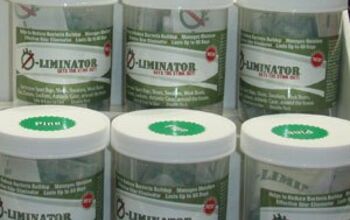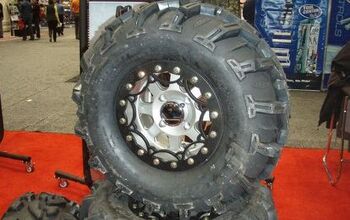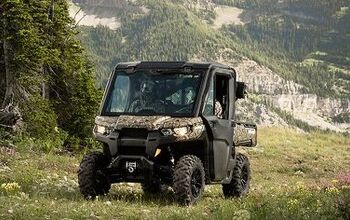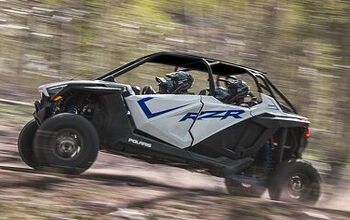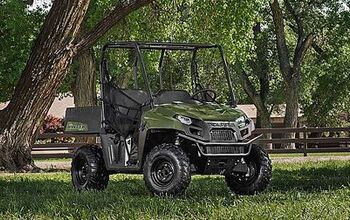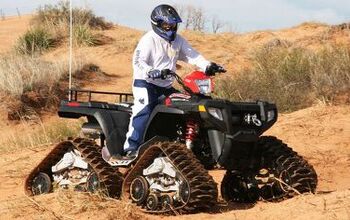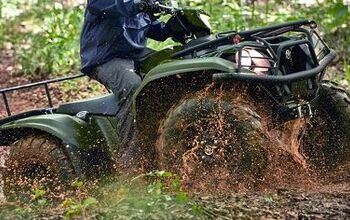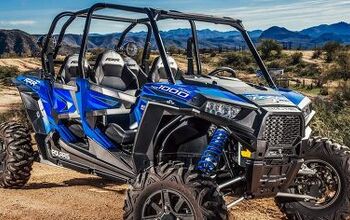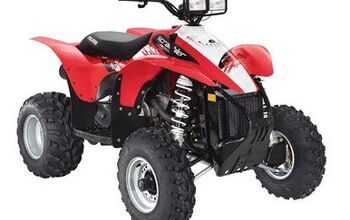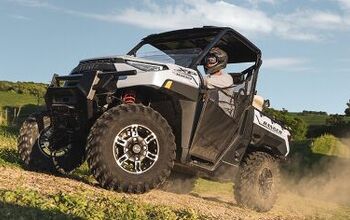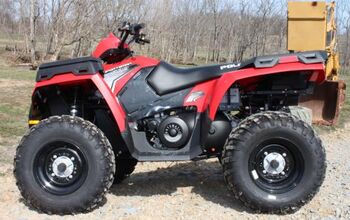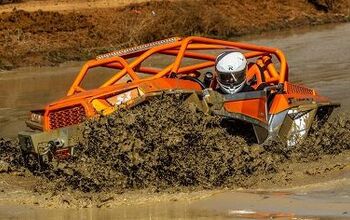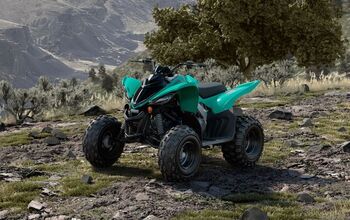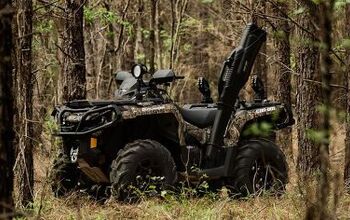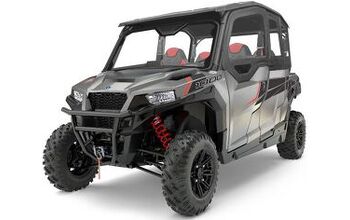Why Honda Four Wheelers Inspire Such Loyalty
People like to argue. Shocking, right? Seriously, though, people do like to argue about various topics. Don’t believe me? Go onto any social platform and ask who is the best quarterback. OK, that might not be a fair test, as we all know it’s Aaron Rodgers. How about which company makes the best truck, shotgun, or yes, ATV? Brands like Chevy, Ford, Mossberg and Remington inspire a fierce owner loyalty. When it comes to ATVs, there may be no product that inspires more loyalty than Honda four wheelers.
Shop for best deals on Honda ATV storage and seats
A Brief History
Our love affair with Honda four wheelers goes back a long way, to when there weren’t any four wheelers. In the 1960s, Honda started selling a small, easy to afford motorcycle in the United States, playing on the rough image of bikers and Harley Davidson. They used the tagline, “You meet the best people on a Honda.” These easy-to-afford bikes won a lot of fans because they were very well built and cost of ownership was low.
In 1970, Honda started a new ad campaign with a weird-looking machine. The tag line said, “What is it?” It was the ATC90, the first real ATV on the market. This balloon-tired three-wheeler opened up a whole new level of fun and excitement for off-road enthusiasts.
The two machines that had the biggest impact on the loyalty Honda four wheelers enjoy today added a new level of performance. The ATC250R, first introduced in 1981, immediately became the benchmark of performance and handling in the three-wheeled world. And that pales in comparison to the impact of the 1986 Fourtrax 250R. You would be hard pressed to find any ATV that had as great of an impact to a sport as the 250R did. While only in production for four years in the U.S. market, these Honda four wheelers set a benchmark for performance and handling that still influences machines today.
You may be thinking, “What does a racing ATV from 30 years ago have to do with why people like Hondas so much today?” There’s a solid explanation that has to do with people like us. Any ATV publication in the 1980s wrote about the quality and performance of Honda four wheelers. That leaves an impression, even on those that aren’t in the market for a performance machine. The press played another important part in fueling the loyalty of Honda four wheelers, but in a way you might not expect.
Engineering
Many of us are old enough to remember three-wheelers and how quickly they disappeared from the landscape. The news program 60 Minutes virtually killed off the sport in a single night. The bad press fueled a flood of lawsuits and no company took it on the chin as hard as Honda. How bad was it? They’re still dealing with lawsuits today. What it did for the development of Honda four wheelers is make the company look inward. What had been a very adventurous company that promoted the fun of owning a Honda, now was a very conservative company that looked at every element of its machines before they were released. That was a good thing, it turns out. While Hondas have always been of very high quality, Honda four wheelers became some of the most well-thought out machines from an engineering standpoint.
Take, for example the Honda FourTrax 250X. First released as an entry-level sport ATV in 1987, the X became a very popular ATV with a low cost, great handling and an engine that ran forever with few breakdowns. How good is the 250X? Check Honda’s website and you’ll see a Fourtrax 250X still available as a 2019 model.
Honda has always considered itself an engineering company. To that end, there are Honda four wheelers that some consider long-in-the-tooth, like the big-bore Rincon, a machine that has been around since 2003. This machine was one of the first equipped with Traxlok, the locking differential system on Honda ATVs. This system remains one of the best locking differentials in the ATV industry.
Find the best deal on Honda ATV tires
Another way Honda four wheelers have an engineering leg up is through Honda’s transmissions. The Hondamatic belt drive, differs from most other systems on the market by being completely sealed and maintenance free. Newer models, like the amazing Fourtrax Foreman Rubicon 4X4, feature Honda’s DCT, Dual Clutch Transmission. This is a system borrowed from Honda’s Rally motorcycle racers and uses dual clutching to avoid a belt all together. The DCT gives the rider amazing control.
Loyalty
To put it bluntly, most owners of Honda four wheelers say, when asked, that they would buy another Honda without hesitation. Stroll through farms across the country and chances are, you’ll find an old Honda ATV still on the job. Check out remote villages in Alaska and Canada, where repair shops are nonexistent and parts take weeks to months to arrive. You’ll undoubtedly find many Honda four wheelers there too. This is not a knock against any other brand of ATV. There used to be an advertising campaign that said, ‘There’s just something about a Honda.” That is very true. There is no other ATV that inspires as much owner loyalty as a Honda. How they got there is through quality, reliability and engineering.
Derrek's love for all things ATV started when he was a mere 11 years old, growing up on his family farm. His mom gave him and his sister a choice - get a horse, or a three-wheeler. The sister wanted the horse, and Derrek wanted the ATV. Luckily he won out, and was soon burning up the trails on a Yamaha Tri-Moto 200. By the time he was 14, he had saved enough of his own money by working on the farm and in his folks restaurant to buy a new 4-wheeler. That happened the day he and his mom were driving past the dealership and saw 1987 Banshee. His mom had no idea what he was buying, and he never looked back. He's been riding ever since, and been writing professionally for many years. He has ridden all over North America and been behind the controls of just about every machine out there. And yes, he still has his 1987 Yamaha Banshee.
More by Derrek Sigler



